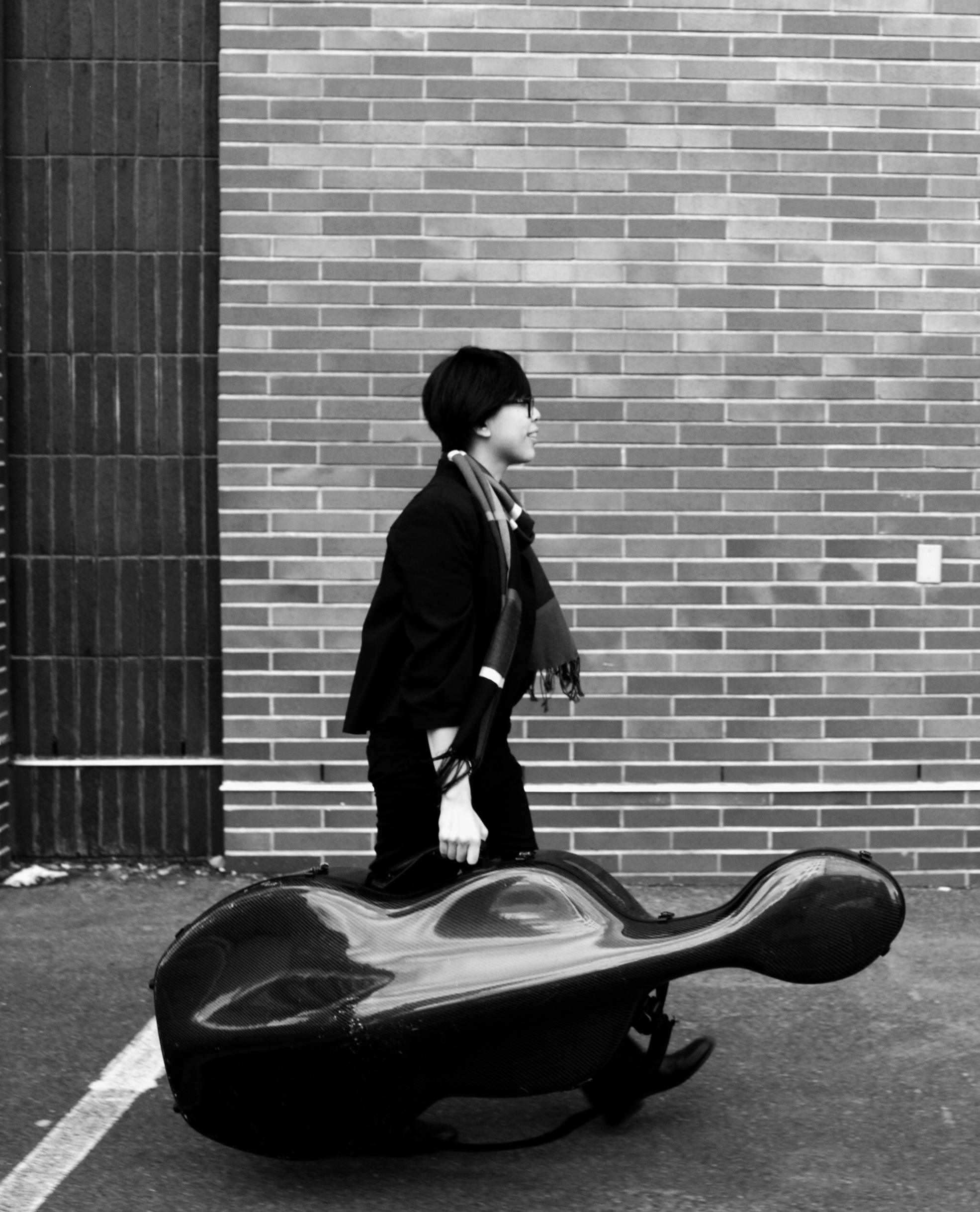Alexander Technique

What is the Alexander Technique?
The Alexander Technique (AT) gives us the ability to make choices that often we do not think are available to us. Are there certain tasks that you find you have to complete in a certain way? Do you ever get stuck in particular thoughts or emotions? What if you tried thinking or doing it differently? In essence, we are questioning our habits that we have instilled in us, often unconsciously. For many people unfamiliar with AT, they only see physical changes in a person’s body after AT. While it is tempting to separate ourselves and say we have “physical habits” and “mental habits,” you are your whole self. Our use of our bodies and our minds are interconnected. Through curiosity and compassion, we can heighten our awareness of ourselves and our relationship with our environment.
Who is the Alexander Technique for?
I believe everyone can benefit from AT. Performing artists and people with chronic pain have often utilized the technique. Artists and athletes use AT to combat performance anxiety, improve their practice, and increase their awareness of their bodies. Research has shown that AT has helped people with Parkinson’s. Some of my students have had club feet, scoliosis, and connective tissue disorders. AT has helped them to manage their daily pain and to improve mobility. I have used AT in my cello practicing and teaching, as well as in daily life when walking, sleeping, and cooking.
What happens in an AT lesson?
I strive to create an open and safe environment where my students can explore the technique without any judgement or fear. There is no right or wrong, only curiosity and a desire to learn. Students may come in with pain or a specific issue they want to resolve. In a first lesson, I will often tell F.M. Alexander’s journey of discovering the technique and teach the concept of inhibition.
Testimonials
“I came to Sara looking to find a way to keep on practicing and enjoying my music without having any pain. After several weeks of exploring Alexander Technique with Sara, we came up with a fantastic solution. Sara is extremely helpful and kind and is willing to work on any problem you might have.” - Thomas Leiter; Weston, Vermont
“She helped me to reconnect deeply to music and most importantly, to my own way of playing…” - Marie Comuzzo
Sara's teaching style is calm and grounded, yet engaging and challenging. She knows when to push and when to pull back. Sara is receptive and adapts to the type of activity that works best for me. - Daniela Fanelli; Rome, Italy